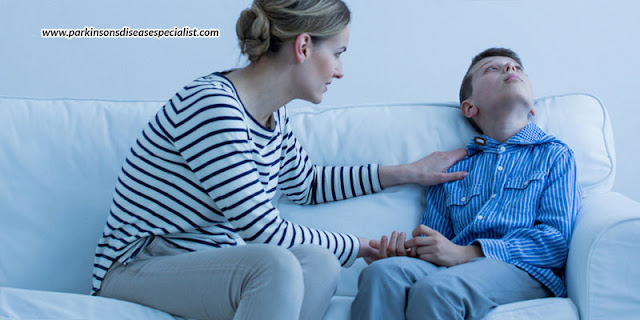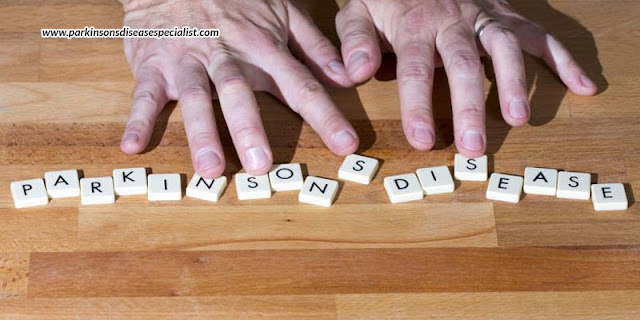Parkinson’s disease is a neurological disorder in which certain parts of the nervous system and brain degenerate. It is also a movement disorder as it causes involuntary movement and shaking of the limbs, face, and jaws. It may also cause rigid or slowed movement, and impaired walking. While all of this can come under the category of a neurologist, it is always better to seek the advice and treatment of a movement disorders specialist. This is because these specialists are trained to treat movement disorders after a general neurology study. Their additional study of 1 or 2 years has them standing apart from regular neurologists. One such movement disorders specialist in Bangalore is Dr. Shivam Mittal, who has completed his movement disorders education and is skilled with an immense amount of training in some of the best hospitals and medical institutes in America.
Tuesday, 22 May 2018
Sunday, 13 May 2018
How to Cope With Movement Disorders?
Living a happy life is in our own hands. Even though we suffer from diseases and ailments that may or may not be cured, living a quality life or not is in our own hands. One such ailment we will speak about today is movement disorders, which involves an involuntary movement of the muscles of the body. Although this ailment is a disturbing one, which may have the patient feel helpless and ashamed in front of others, it is important that one feels positive and deals with the ailment with patience. Negativity and the feeling of shame will only do harm to the mind and body, which may then lead to depression.
Wednesday, 9 May 2018
How Is Parkinson’s disease Treated?
Parkinson’s disease is a neurodegenerative disorder that affects movement within the body, along with rigidity, stiffness, sluggishness, and tremor. It happens when there is a problem with certain nerve cells within the brain. These nerve cells are generally designed to release a chemical called dopamine, which sends signals to the brain to control the movement of the various parts of the body. When there is lack of this chemical being produced, the brain fails to function effectively, thus causing abnormality in movement. This condition is known as Parkinson’s disease. Because dopamine controls activities like movement, sleep, learning, behavior, mood, concentration, and memory, all these activities are also affected by Parkinson’s disease.
Subscribe to:
Comments (Atom)


